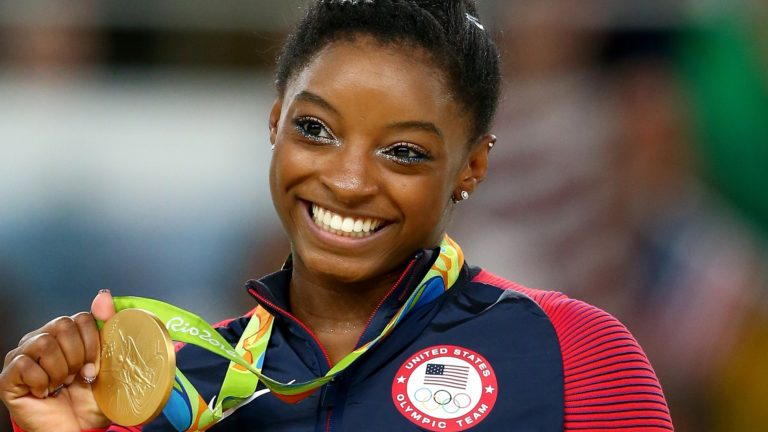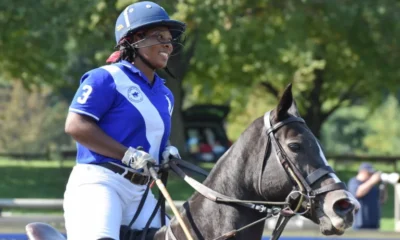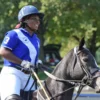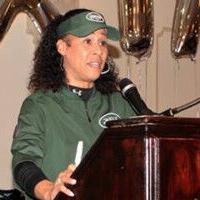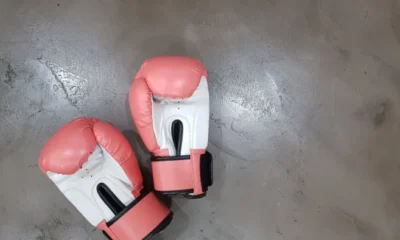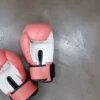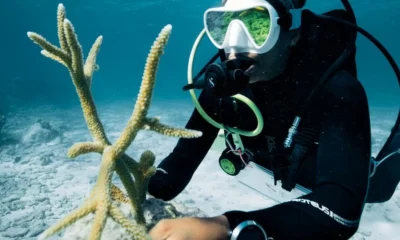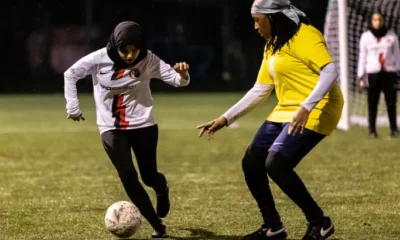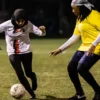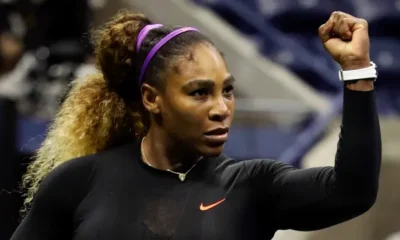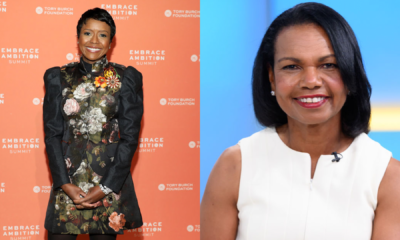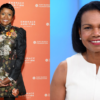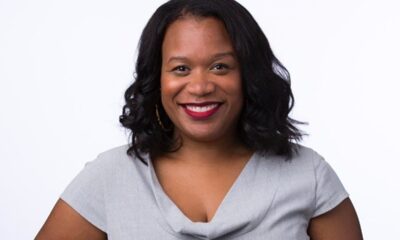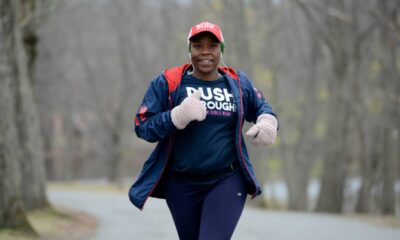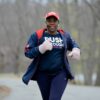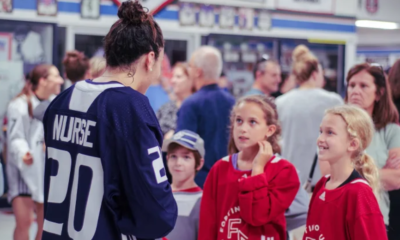Black Women in Sports
After Simone Biles’ sexual abuse revelation here’s what parents need to know to keep kids safe
Olympic gold medalist Simone Biles took to Twitter to issue a letter on Monday to reveal that she can relate to the #MeToo movement.
The often charismatic and self-professed “happy, giggly, energetic” athlete added her name to the growing list of athletes who were sexually assaulted by former USA Gymnastics team doctor Larry Nassar.
Feelings… ? #MeToo pic.twitter.com/ICiu0FCa0n
— Simone Biles (@Simone_Biles) January 15, 2018
As Nassar is sentenced later this week for sexually assaulting seven girls (he pleaded guilty), the judge has mandated that Nassar sit and hear testimony from nearly 100 of his victims. They will no doubt have horrific stories of the years of abuse at the hands of the once trusted physician who specialized in sports medicine.
No child is impervious to sexual abuse, but according to reports Blacks children are at increased risk to these type of predators.
According to a 2010 report to Congress from the U.S. Department of Health and Human Services, Administration for Children and Families, African American children have almost twice the risk of sexual abuse than white children and the risk for sexual abuse is tripled for children whose parent(s) are not in the labor force.
L.B. Hodge, a Washington, D.C. clinical social worker and licensed psychologist specializes in treating victims of child sexual abuse and helps them address their feelings of shame, anger and embarrassment. She has identified six safety measures parents can use to try to keep their children safe from molesters.
Have the conversation: “Set aside time to talk to your kids about the people who are in their lives. Have candid conversations about their instructors, coaches, and authority figures. Children often believe these are people who they have to listen to and do whatever they want. Parents need to explain that these are people who can also make mistakes and be careful not to put them on pedestals to the extent that your child has to believe everything they say.”
Create a comfortable dialogue: “Oftentimes, I run into parents who have discovered that their child has been molested and they’ll say, ‘well, I told him or her that they could talk to me about anything.’ Your child may hear these words, but your actions and sometimes demeanor don’t always suggest that this is true. Children (even older kids) often don’t say anything because they are coming from a place of both shame and fear.”
What’s your safe word?: “Create safety plan with your child that includes a code word that only the immediate members of your family know. If your child is ever in any trouble, you say this word and you know that you need to be there immediately.”
What’s safe touch?: “Speak with your children early on about ‘safe touch.’ Make sure they can identify their private parts using the appropriate vocabulary. Sometimes kids don’t know the names for their body parts and may disclose something happened to them at school, but people don’t know what they mean. Also, safe touch isn’t just someone touching your private parts but may also include places your child may feel uncomfortable if they are touched like shoulders or rubbing the face or hair.”
Understand boundaries: “Older kids should understand appropriate boundaries with the adults in their lives. Someone who is a teacher, tutor, coach, doctor, should not be talking …
Please read original article- After Simone Biles’ sexual abuse revelation here’s what parents need to know to keep kids safe



